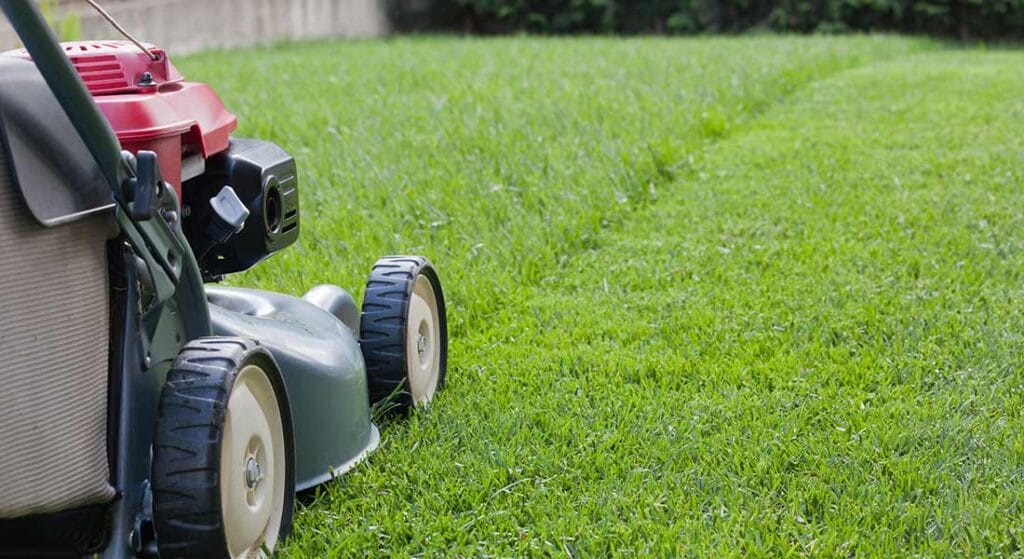How to Refresh an Overgrown Landscape Without Starting Over
By Innovation Grounds
Is your yard looking more like a jungle than a peaceful retreat? An overgrown landscape can feel overwhelming, but here’s the good news—you don’t have to tear everything out and start from scratch. With the right approach, you can refresh your overgrown landscape and bring it back to life while preserving its best features.
Here’s a practical, step-by-step guide to revamping your garden without starting over.
Assess What You’re Working With
Before picking up the pruners or calling a landscaper, take a moment to evaluate the current state of your garden. Walk around the entire property and make notes of what:
Plants are still healthy and worth keeping
Areas are overrun with weeds or invasive species
Trees and shrubs just need trimming
Hardscaping features (like paths or walls) are salvageable
Tip: Take photos before you begin. This helps track progress and visualize improvements.

Clear Out the Obvious Clutter
Start with the basics. Remove dead plants, fallen branches, weeds, and anything that clearly doesn’t belong. A quick clean-up can instantly improve your landscape’s appearance and make it easier to work.
Focus on:
Pulling weeds from beds and pathways
Removing broken or dead limbs from trees and shrubs
Clearing away debris, trash, or forgotten garden decor
Keyword tip: This is a critical first step in any “clean up messy yard” process!
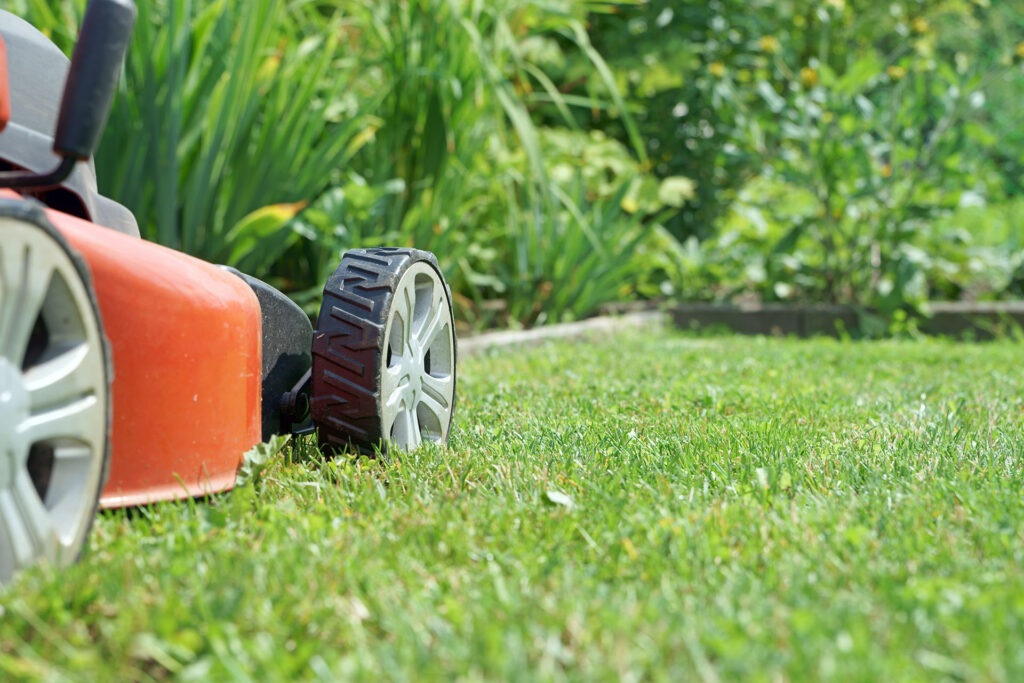
Prune and Shape Existing Plants
Once the clutter is gone, you’ll have a clearer view of which plants just need a little TLC. Pruning overgrown shrubs and trees can dramatically refresh your garden’s look.
Remove dead or diseased branches
Cut back leggy growth to encourage fuller shapes
Open up dense bushes to let in light and air
Don’t overdo it—prune with a purpose to refresh your overgrown landscape while keeping mature plants intact.
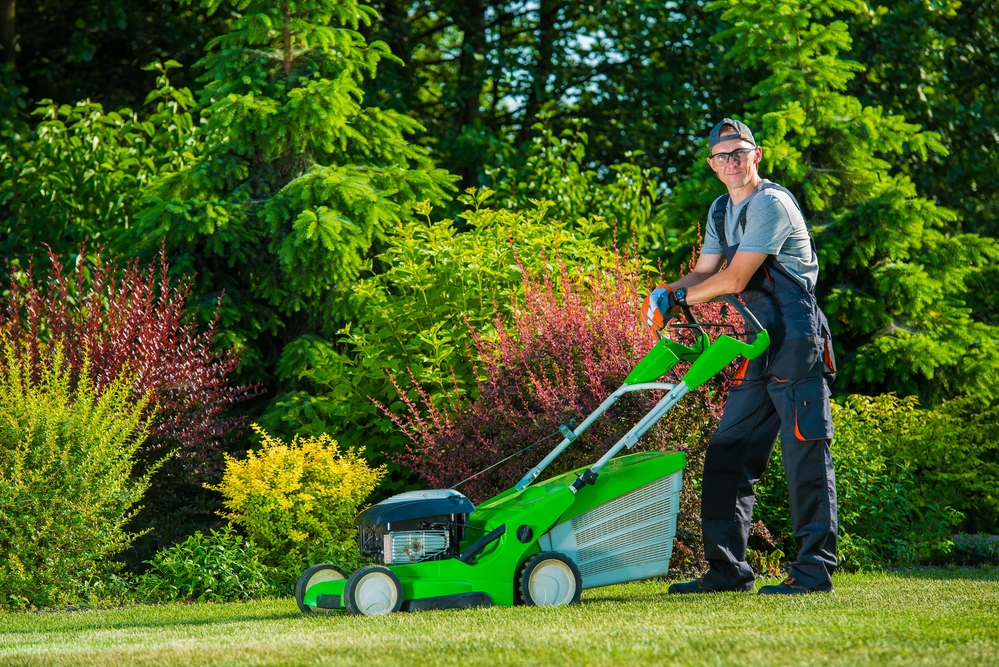
Rediscover the Garden Beds
Over time, garden beds can lose their definition. To restore them:
Re-edge the borders using a shovel or edging tool
Add fresh mulch to suppress weeds and boost curb appeal
Consider reshaping beds to simplify maintenance
If the soil is compacted, aerate it and mix in compost or organic matter to reinvigorate your plant roots.

Save the Survivors, Remove the Rest
Some plants thrive despite neglect. Others become aggressive or crowd out the good stuff. Evaluate each plant and ask:
Is it healthy?
Does it fit the space?
Is it worth keeping or dividing?
Divide perennials that have spread too much and compost or donate anything you remove. This selective process is key to any successful landscape renovation.
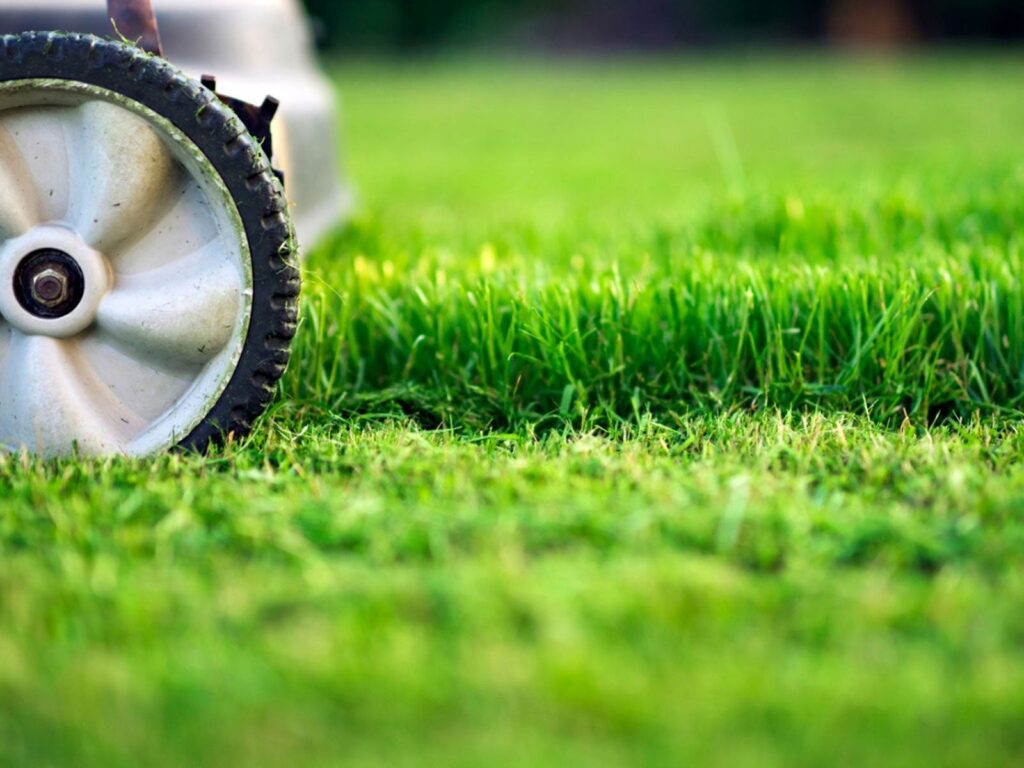
Add Structure Without a Full Overhaul
You don’t need to pour thousands into new patios or decks to make your yard feel refreshed. Instead:
Power wash existing stone or concrete paths
Repaint fences or garden furniture
Use trellises, containers, or raised beds to define space and add height
These small structural updates can dramatically revamp a garden without starting over.
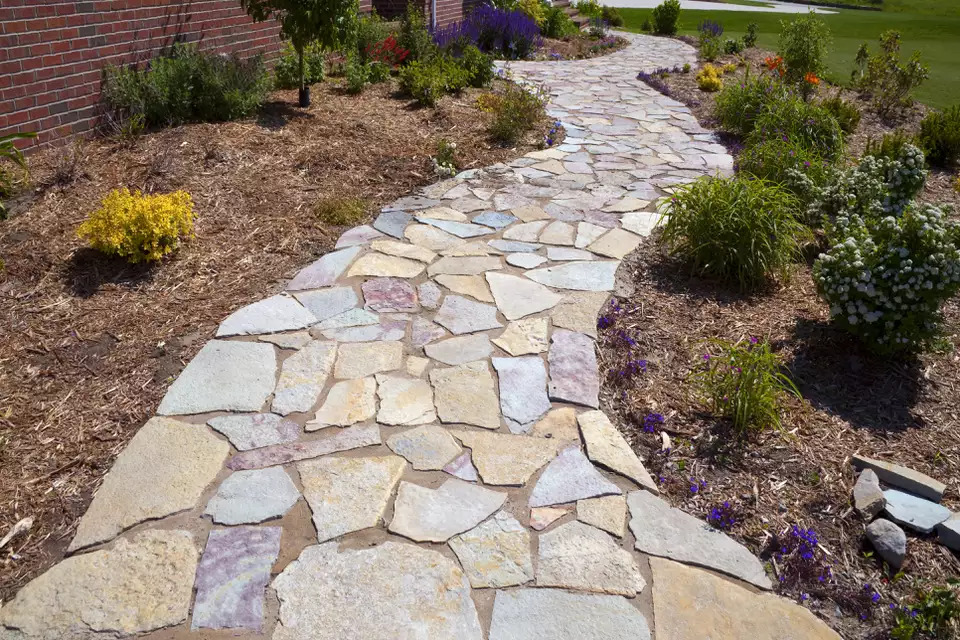
Introduce Fresh, Low-Maintenance Plants
Once the landscape is cleaned and shaped, introduce a few new plants to liven things up. Choose:
Native or drought-tolerant varieties
Plants that bloom at different times for year-round interest
Ground covers to fill bare spots and reduce weeding
Pro tip: Limit new plantings to one or two key areas to avoid overwhelming the garden again.

Create a Maintenance Plan
You’ve put in the work—now it’s time to protect your efforts. Create a seasonal maintenance schedule that includes:
Regular weeding and mulching
Pruning in early spring and late fall
Inspecting for pests or disease
Watering during dry spells
Even just 15 minutes a week can prevent your landscape from becoming overgrown again.

Final Thoughts
Giving your yard a second chance doesn’t require ripping everything out. By focusing on what’s worth saving, trimming back the chaos, and making smart enhancements, you can refresh an overgrown landscape and fall in love with your outdoor space all over again.
So roll up your sleeves, grab those gloves, and start reclaiming your garden—one section at a time.


